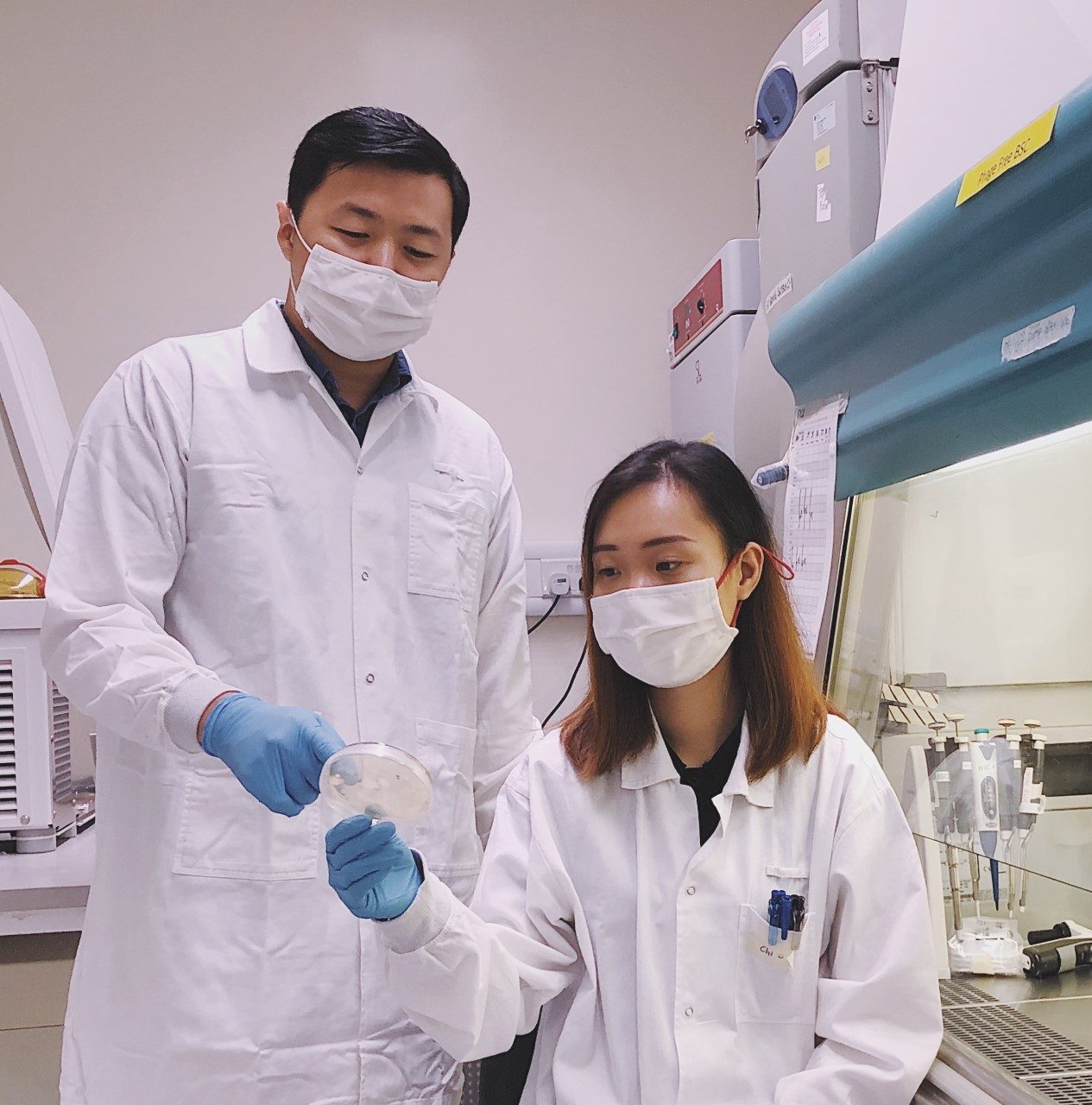SUMMARY
This is AI generated summarization, which may have errors. For context, always refer to the full article.

A team of researchers in Singapore have developed a method to selectively kill bacteria, while leaving others unharmed.
The discovery is considered a breakthrough because it is an alternative to antibiotics for treating existing drug-resistant bacteria and bacterial infections without the risk of causing resistance.
The Antimicrobial Resistance (AMR) Interdisciplinary Research Group (IRG) at Singapore-MIT Alliance for Research and Technology
(SMART) said in a statement that they have a found a way to produce
customizable engineered lysins.
Lysins are enzymes produced by bacteriophages to break open the bacteria cells while treating infections, and have demonstrated potential as a novel class of antimicrobials. A major advantage of lysins is that they allow fast and targeted killing against specific bacterium of choice without inducing resistance.
The medical community worldwide has raised the alarm in the emergence of drug-resistant bacteria. They said multidrug-resistant bacteria has left even minor bacterial infections incurable by many existing antibiotics
According to the World Health Organization at least 700,000 deaths each year are due to drug-resistant diseases.
In a paper titled “Engineered Lysins with Customized Lytic Activities Against Enterococci and Staphylococci” recently published in the prestigious journal Frontiers in Microbiology, the SMART AMR team demonstrated one of the methods to customize the lytic spectrum of engineered lysins.
The study reveals how SMART’s engineered lysins were able to selectively kill bacteria like Staphylococci, Enterococcus faecalis, while leaving the Enterococcus faecium bacteria of the same genus unharmed. This is the first report of a chimeric lysin that can both target bacteria of multiple genera as well as selectively kill one bacterial species within a genus over another.
“The human body contains trillions of bacteria, which form the microbiome, and the majority of the bacteria is either harmless or beneficial to us,” says AMR Research Scientist and corresponding author of the paper Dr Boon Chong Goh.
Goh added: “What happens when we are on an antibiotic course is that the antibiotics kill all of the bacteria, leaving us vulnerable to a worse re-infection after we have completed the antibiotic course. Since lysins respect the microbiome and only eliminate the bad pathogenic bacteria, they are a very promising alternative for treating bacterial infections.”
The research is carried out by SMART and supported by the National Research Foundation (NRF) Singapore under its Campus for Research Excellence And Technological Enterprise (CREATE) program. – Rappler.com
Add a comment
How does this make you feel?


![[Time Trowel] There is more to archaeology than Indiana Jones’ pistol and whip](https://www.rappler.com/tachyon/2023/12/tl-timetrowel.jpg?resize=257%2C257&crop=245px%2C0px%2C720px%2C720px)


There are no comments yet. Add your comment to start the conversation.